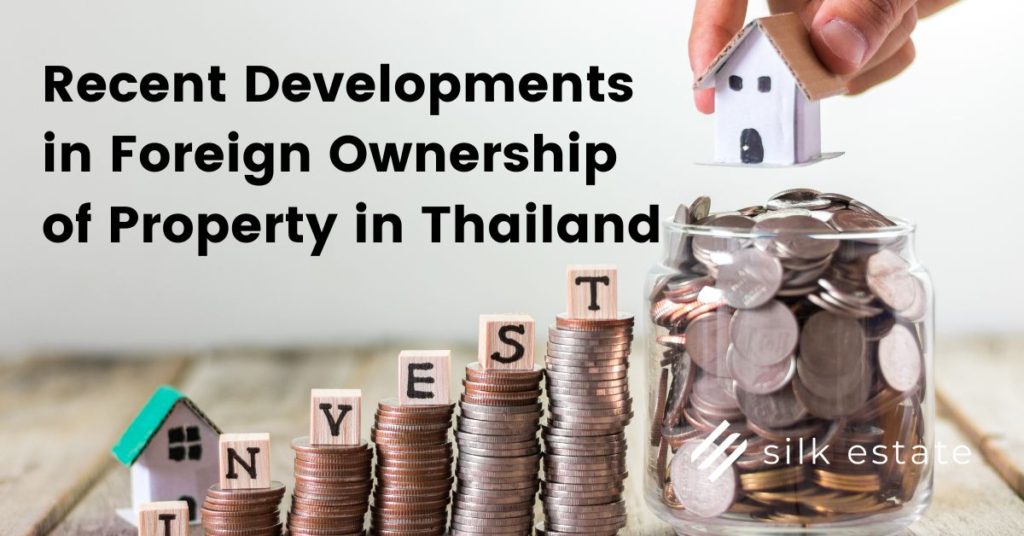In recent developments, Thailand has shown its intention to allow foreign individuals to purchase land, granting them direct ownership rights. Although the draft regulation is yet to be officially implemented, it signifies a significant shift in Thailand’s stance on foreign ownership and presents new investment opportunities, particularly for Chinese property developers. In this article, we will explore the key details of the draft regulation and its potential impact on foreign investors.
Table of Contents
New Opportunities for Individual Ownership:
The draft regulation allows eligible foreign investors to individually purchase a maximum of 1 rai (1,600 square meters) of land in Thailand. To qualify, foreign individuals must meet certain requirements:
Investor eligibility requirements
Foreign individuals fall into specific categories, such as those with assets of at least USD 1 million, retirees with an annual income of USD 80,000, professionals from established overseas companies, and highly skilled professionals in targeted industries.
Land location requirements
The target land should be situated in designated areas, including Bangkok, Pattaya city, municipal areas (Khet Thetsaban), or designated residential zones, as per the city planning act. The chosen area must be outside any designated military safety zones.
Historical investment requirements
Foreign investors must hold long-term resident (LTR) visas and have made a minimum investment of THB 40 million (USD 1.2 million) in Thailand. The investment can be in the form of government bonds, real estate investment trusts (REITs), infrastructure bonds, or investments in companies eligible for investment promotion incentives, made at least three years prior to applying for land ownership.
Note that the draft is primarily focused on individual investors. Chinese property developers should carefully assess suitable candidates and associated risks.
Potential Changes and Considerations:
While the draft regulation has not been officially implemented, and detailed rules are still being formulated, it is expected that eligibility requirements and investment restrictions may evolve over time. It is crucial for Chinese property developers and foreign investors to stay informed about the latest policy developments to facilitate early investment planning.
Thailand’s Economic Growth Initiatives:
In a bid to boost its economy, the Thai government aims to attract a million new big-spending residents from around the world. Starting in September, foreign nationals who invest THB 40 million (USD 1.1 million) in Thai property, securities, or funds over the next three years will be entitled to own up to one rai of land. However, additional requirements may apply, such as purchasing first-hand land and property only and restricting resales to Thai nationals within designated zones.
This initiative is accompanied by potential tax incentives and a 10-year visa to attract qualified workers and retirees. Thailand’s real estate market has already witnessed increased interest and property sales to wealthy foreigners, particularly from Hong Kong, China, and Russia.
Thailand’s progressive approach towards foreign ownership of property opens up new avenues for investment, offering opportunities for individuals and property developers alike. As the policy landscape continues to evolve, it is essential to stay updated on the latest developments to make informed investment decisions.




